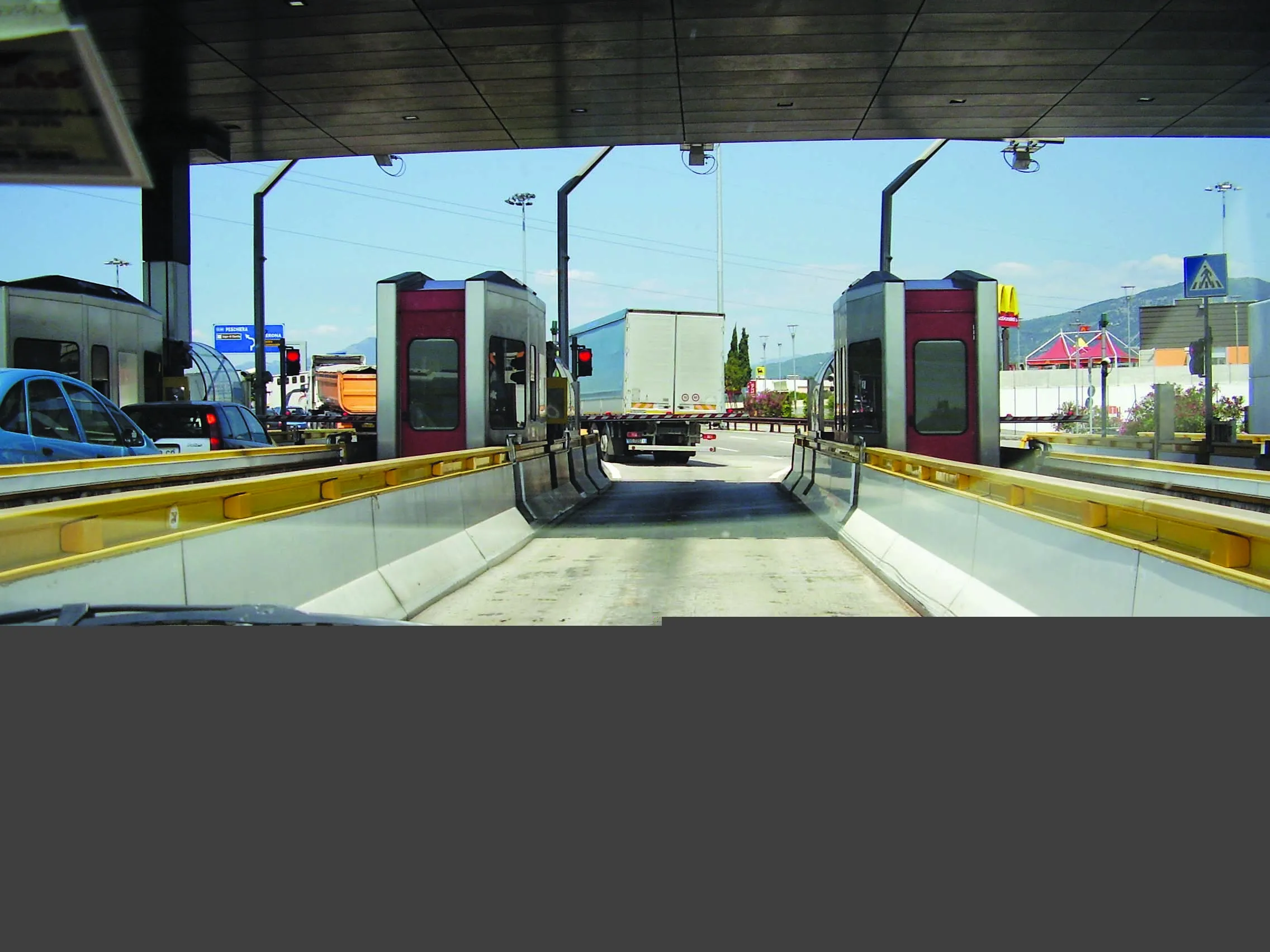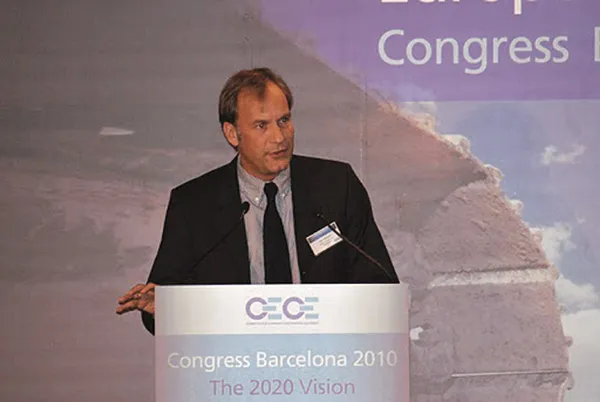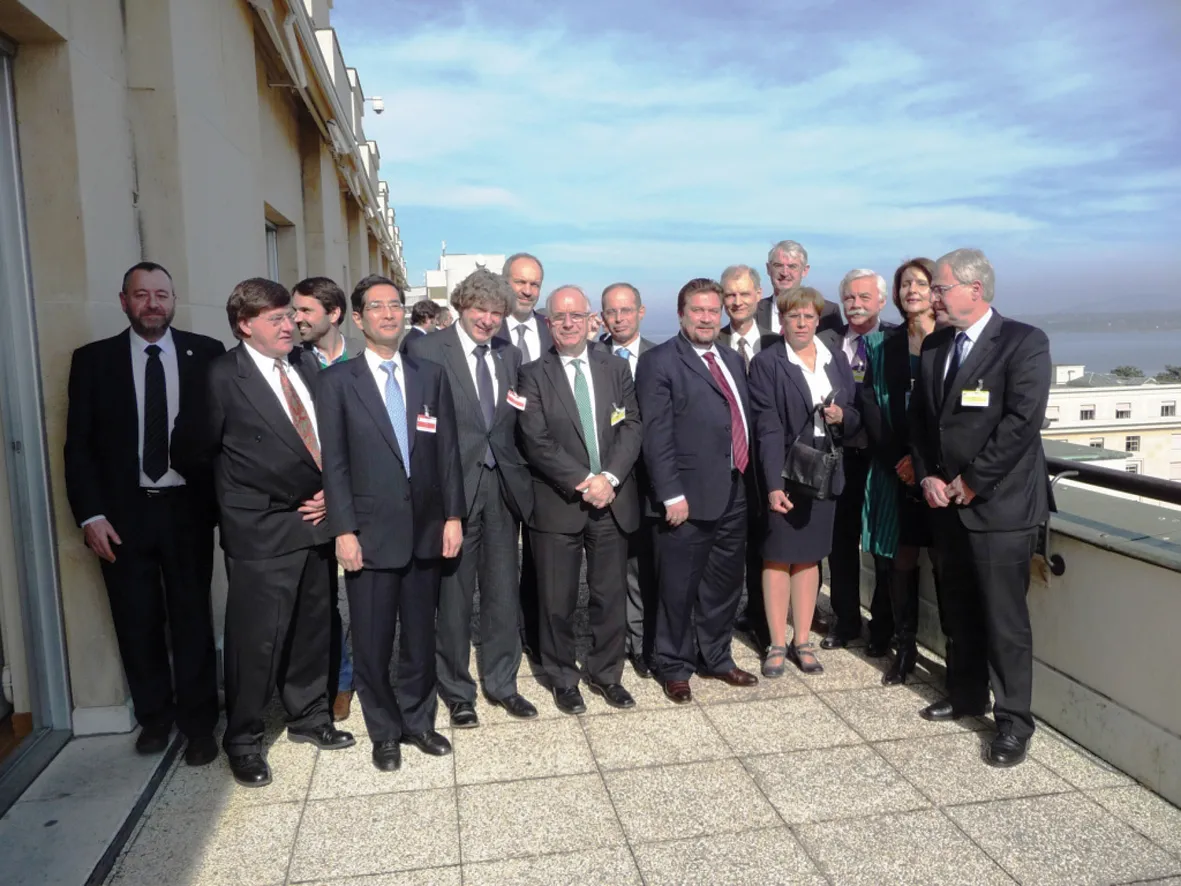Recognizing the importance of a single international approach for DC fast charging, Audi, BMW, Daimler, Ford, General Motors, Porsche and Volkswagen have agreed on the combined charging system as an international standardised approach to charge electric vehicles (EV) in Europe and the United States.
May 1, 2012
Read time: 2 mins
Recognizing the importance of a single international approach for DC fast charging, Audi, 1233 BMW, 3992 Daimler, 3423 Ford, 4070 General Motors, 3489 Porsche and 3503 Volkswagen have agreed on the combined charging system as an international standardised approach to charge electric vehicles (EV) in Europe and the United States.
The system is a combined charging approach integrating all charging scenarios into one vehicle inlet/charging connector and uses identical ways for the vehicle to communicate with the charging station. This means electric vehicles from Audi, BMW, Daimler, Ford, General Motors, Porsche and Volkswagen can all share the same fast charging stations.
The endorsement of the combined charging system was based on reviews and analysis of existing charging strategies, the ergonomics of the connector and the preferences of customers in both the United States and Europe. The harmonised approach – across both continents and all manufacturers - will provide a framework for future infrastructure planning as well as a communication protocol to assist in the integration of electric vehicles into the smart grids.
The seven auto manufacturers also agreed to use5393 HomePlug Green Phy as the communication protocol. This approach will also facilitate integration of the electric vehicle into future smart grid applications.
Automakers point to the success of Level 1 and Level 2 (for 220V charging in the US) as an example of how standardisation will increase the adoption of electric vehicles and increase customer satisfaction. The harmonised electric vehicle charging solution is backward compatible with the J1772 connector standard in the US.
Backward compatibility also has been achieved in Europe where the system is based on the IEC 62196 Type 2. The approval of the J1772 standard has given electric vehicle owners the comfort of knowing they can charge at all Level 2 charging stations. Prior to standardisation, an EV owner had no way of knowing if the charge port they were pulling up to was compatible with their vehicle.
The system is a combined charging approach integrating all charging scenarios into one vehicle inlet/charging connector and uses identical ways for the vehicle to communicate with the charging station. This means electric vehicles from Audi, BMW, Daimler, Ford, General Motors, Porsche and Volkswagen can all share the same fast charging stations.
The endorsement of the combined charging system was based on reviews and analysis of existing charging strategies, the ergonomics of the connector and the preferences of customers in both the United States and Europe. The harmonised approach – across both continents and all manufacturers - will provide a framework for future infrastructure planning as well as a communication protocol to assist in the integration of electric vehicles into the smart grids.
The seven auto manufacturers also agreed to use
Automakers point to the success of Level 1 and Level 2 (for 220V charging in the US) as an example of how standardisation will increase the adoption of electric vehicles and increase customer satisfaction. The harmonised electric vehicle charging solution is backward compatible with the J1772 connector standard in the US.
Backward compatibility also has been achieved in Europe where the system is based on the IEC 62196 Type 2. The approval of the J1772 standard has given electric vehicle owners the comfort of knowing they can charge at all Level 2 charging stations. Prior to standardisation, an EV owner had no way of knowing if the charge port they were pulling up to was compatible with their vehicle.









